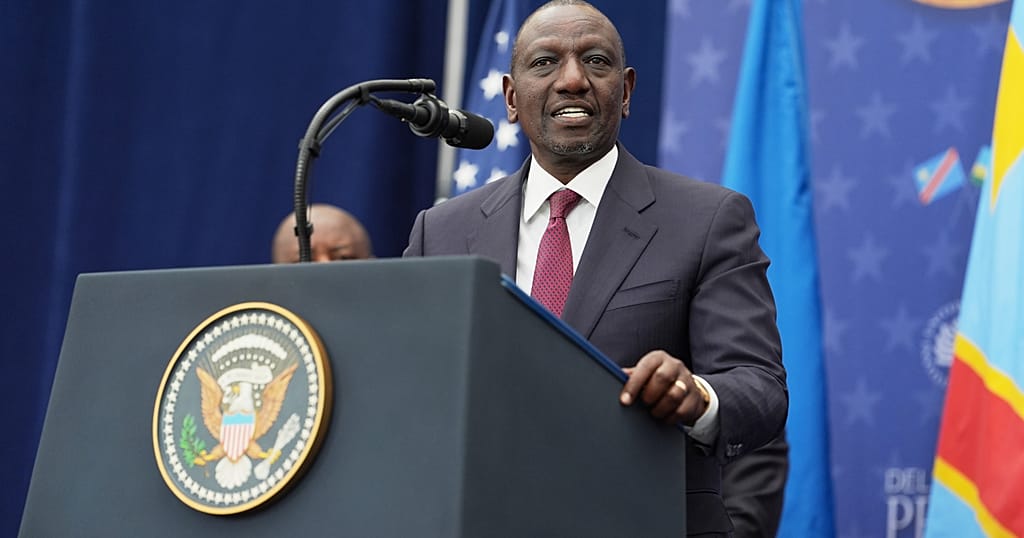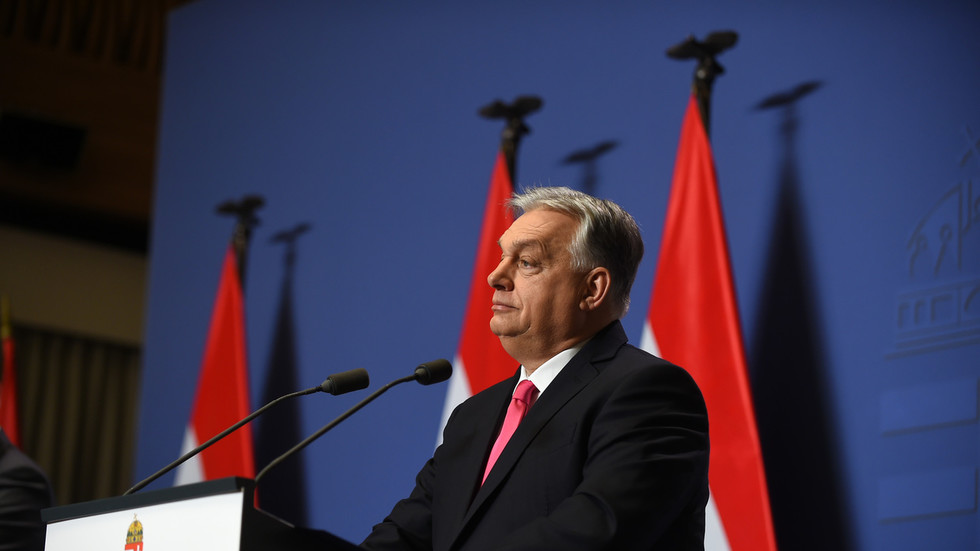Nigeria’s Dangote refinery has assured the public that a strike by fuel tanker drivers will not lead to a petrol shortage in the country. The strike, which began on Monday, was called by the Nigeria Union of Petroleum and Natural Gas Workers (NUPENG) in response to the refinery’s decision to hire its own drivers to deliver gasoline to retailers.
According to Anthony Chiejina, a spokesman for the Dangote refinery, talks are ongoing between the union, the government, and the company to resolve the issue. Chiejina stated that “there is no fuel shortage, everything is going on” as the refinery continues to operate despite the strike. The Dangote refinery, which is the largest in Africa with a capacity of 650,000 barrels per day, has been a game-changer for Nigeria’s oil sector since its opening last year. Prior to the refinery’s launch, Nigeria had to import almost all its petrol despite being a major oil producer, due to years of neglect and mismanagement of government-owned refineries.
The Dangote refinery has driven down petrol prices for consumers and shaken up the long-entrenched players in Nigeria’s oil sector, which has been marred by decades of corruption. However, the refinery’s growing influence has also sparked concerns about monopoly and its impact on the market. The refinery’s plans to deploy a fleet of trucks powered by compressed natural gas to distribute its petrol nationwide have been delayed due to logistics issues, but the initiative has already roiled the market where over 20,000 diesel-powered tankers have operated for decades.
NUPENG has alleged that Dangote’s new drivers are being hired on the condition that they do not join the union, a claim disputed by the refinery. The union’s president, Williams Akporeha, has accused Dangote of not being prepared to have workers who can have a say in his employment. The strike has received support from local organizations, including the Nigeria Labour Congress, as well as international groups such as IndustriALL and the International Lawyers Assisting Workers (ILAW) network.
The Dangote refinery has denied the allegations, with Chiejina calling them “cheap blackmail.” The strike and the issues surrounding it highlight the challenges facing Nigeria’s oil sector as it undergoes significant changes with the emergence of the Dangote refinery as a major player. The outcome of the talks between the union, the government, and the company will be crucial in determining the future of the sector and the impact on consumers.



